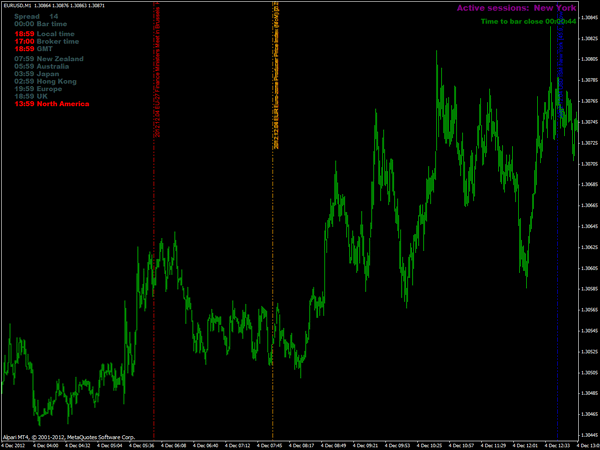Disclaimer: Due to the ever-fluctuating nature of the financial market, the scheduling of economic events and indicators are constantly changing. Due to external factors beyond our control, Forex Flash should not be held liable for any trading losses or other losses incurred resulting from use of the economic calendar.
What is an Economic Calendar?
ForexFlash - The economic calendar is an essential tool that lists scheduled economic events and key data releases. These events are often categorized by importance—high, medium, or low—and can significantly influence the direction of the market.
Calendar news can provide actionable insights, especially for traders involved in forex trading, stocks, and commodities. For example, if a major event like a central bank interest rate decision is expected, traders can anticipate high volatility in the market. Knowing this information in advance allows them to position their trades accordingly.

UK Economic Outlook: In the UK, calendar news highlights the Bank of England's monetary policy, with interest rate announcements driving forex volatility. Slowing growth and persistent inflation challenge policymakers, keeping traders alert. The British pound (GBP) will likely react to labor market and inflation updates this quarter.
Italy: Inflation and GDP In Italy, calendar news focuses on inflation and GDP updates, key indicators of economic health. The euro (EUR) is sensitive to Italy’s economic performance, especially given public debt concerns. Industrial production and consumer spending are also crucial metrics for traders.
Spain: Economic Landscape Calendar news for Spain highlights unemployment and inflation as key indicators. While inflation remains high, the labor market is improving. Economic reports also emphasize the significance of Spain's tourism sector for both forex and equities markets.
GCC Countries: Oil and Inflation In the GCC, oil production and inflation are pivotal for economic performance. Oil prices directly affect the Saudi Riyal (SAR) and other GCC currencies. OPEC decisions and inflation updates are key factors influencing currency valuations.
Staying informed on calendar news and trading economics is essential for those focusing on the UK, Italy, Spain, and GCC countries in the forex market.